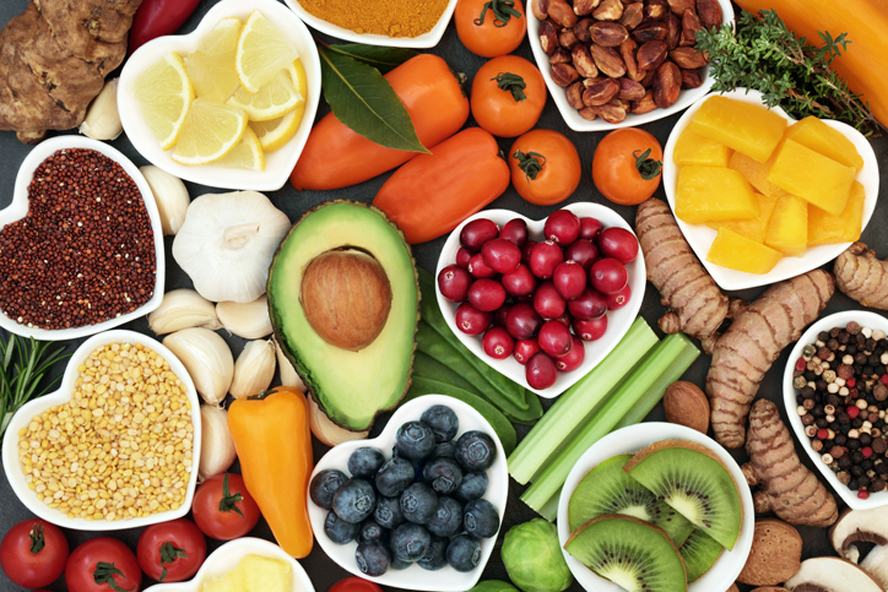Prebiotics are substances present in some foods that serve as food for the bacteria present in the gut, favoring the multiplication of these same gut bacteria that are fundamental for the proper functioning of the digestive system, the immune system and the body in general. These substances nourish the microbiome and help heal the gut, decrease glucose absorption, and improve lipid metabolism. Prebiotics are also crucial for overall health because they strengthen the gut bacteria and enable them to produce vitamins that are important for the proper functioning of the human body, such as vitamins B and K. Many of these prebiotics are plant fibers, such as inulin and arabinogalactans, which have the ability to modulate the immune system and reduce inflammation. These types of fiber ferment in the intestinal tract and contribute to increased production of short-chain fatty acids, which are key in regenerating intestinal walls.
Listed below are the main benefits of prebiotics:
- They feed the good bacteria present in the gut, such as Lactobacillus and bifidobacterium.
- They have anti-inflammatory properties.
- They contribute to better digestion and a decrease in gut symptoms such as constipation.
- They support the production of epithelial cells, which strengthen the intestinal walls.
- They support the production of vitamins.
- They contribute to the proper functioning of the immune system.
- They improve bone health.
- They stimulate the metabolism.
- Support the fight against harmful bacteria such as E. coli, which are associated with autoimmune diseases and obesity.
There are several foods rich in prebiotics, such as:
- Garlic;
- Onion;
- Artichoke;
- Asparagus;
- Turmeric;
- Tomato
- Radish;
- Carrot;
- Kiwi;
- Eggplant;
- Beet;
- (…)
It can then be concluded that, daily food choices have a great importance in the health of the digestive system, in the reduction of various intestinal symptoms, in the efficiency of the immune system, and in the general well-being.



